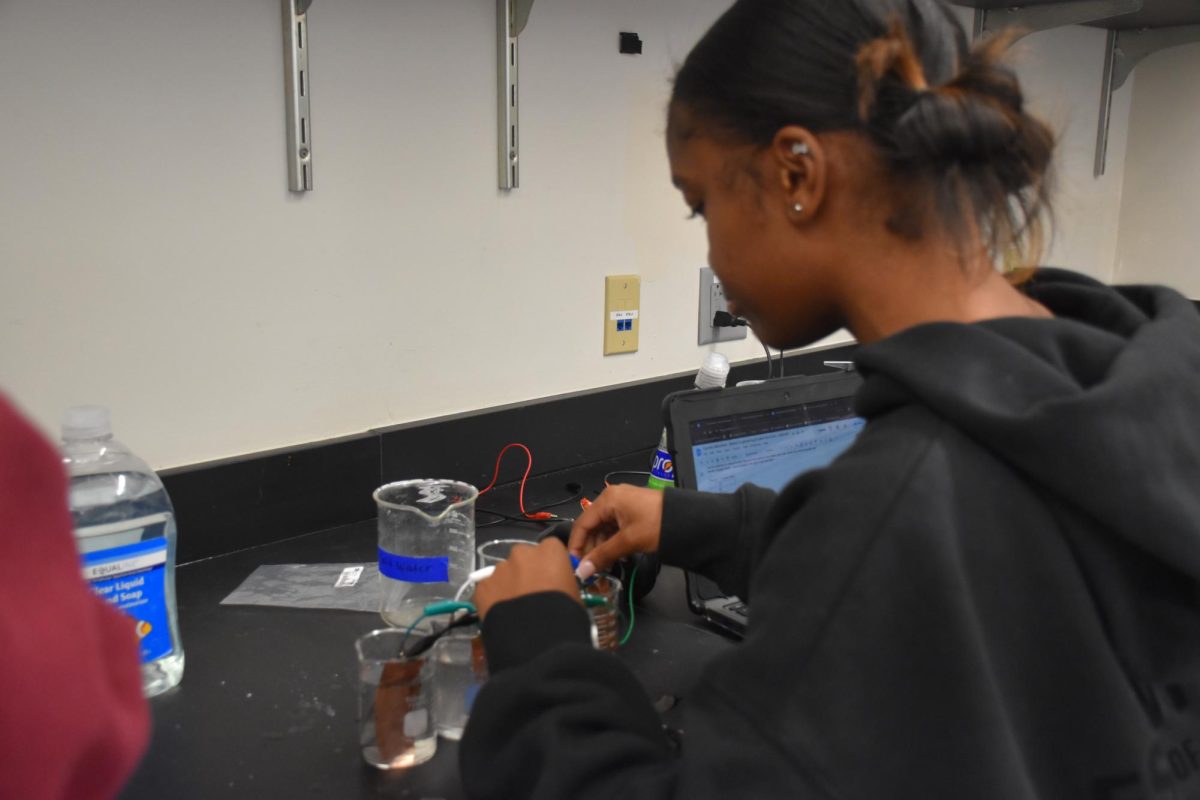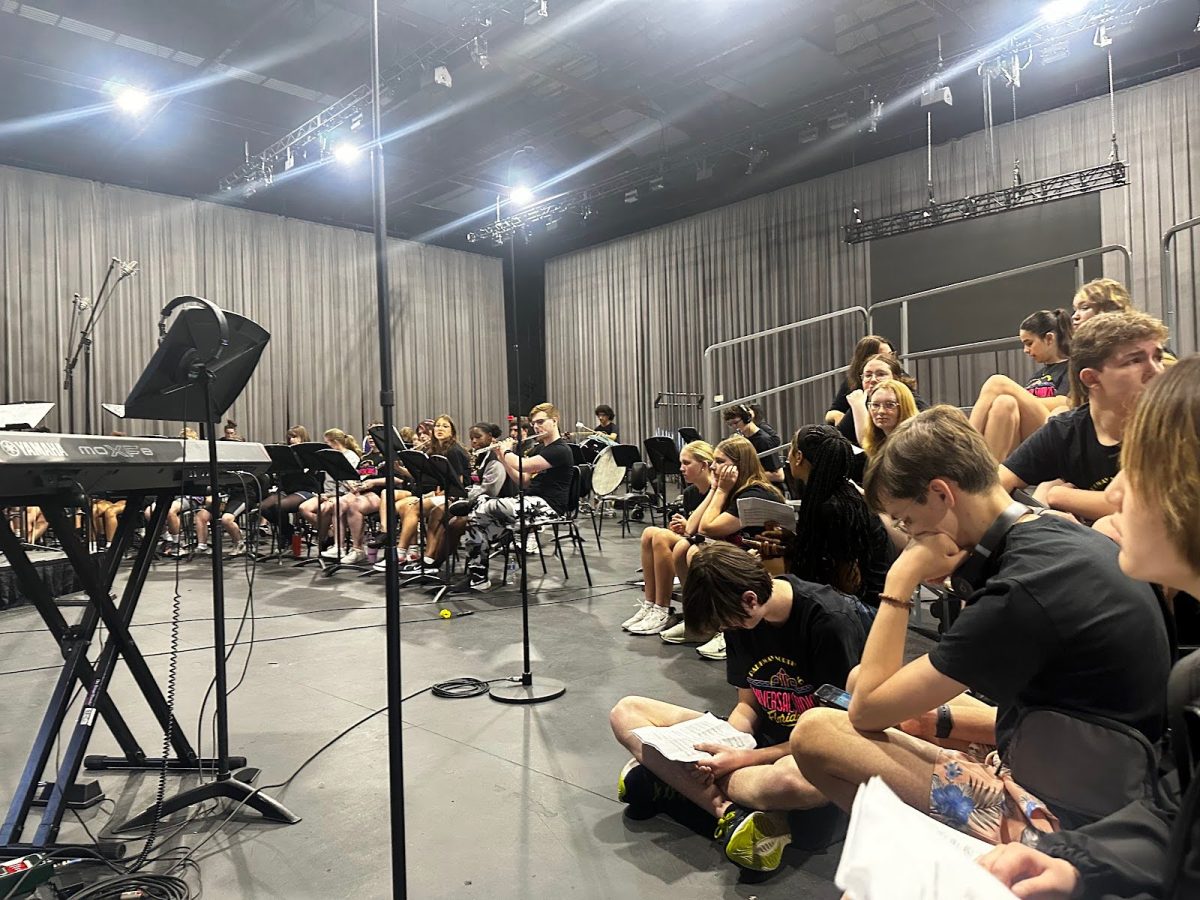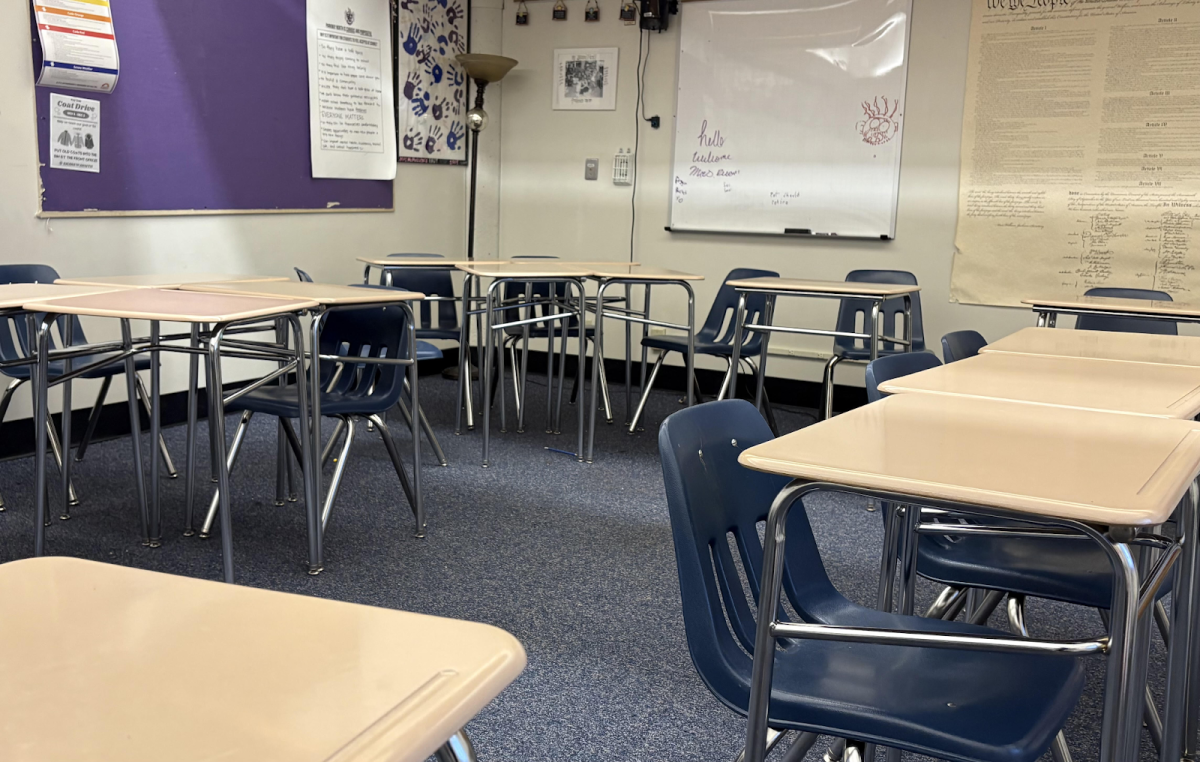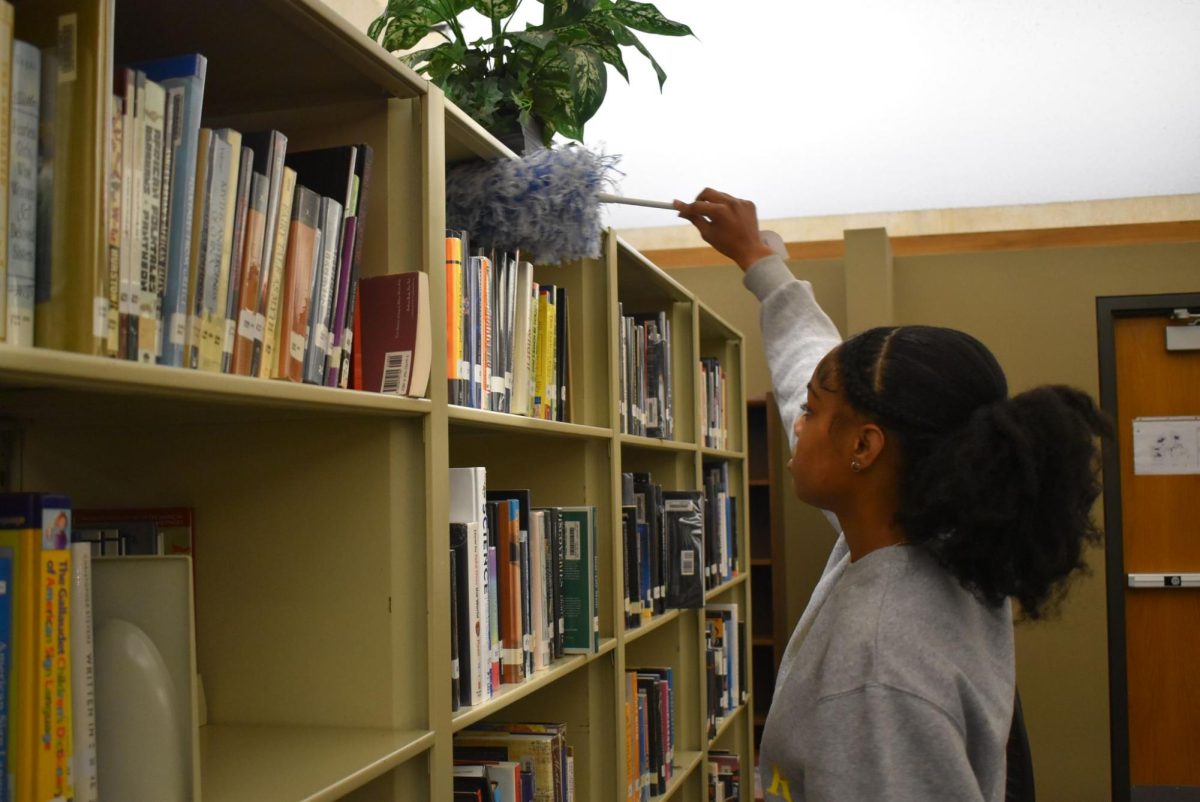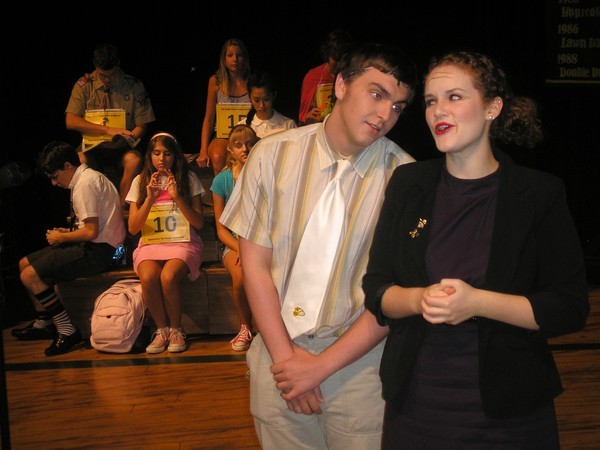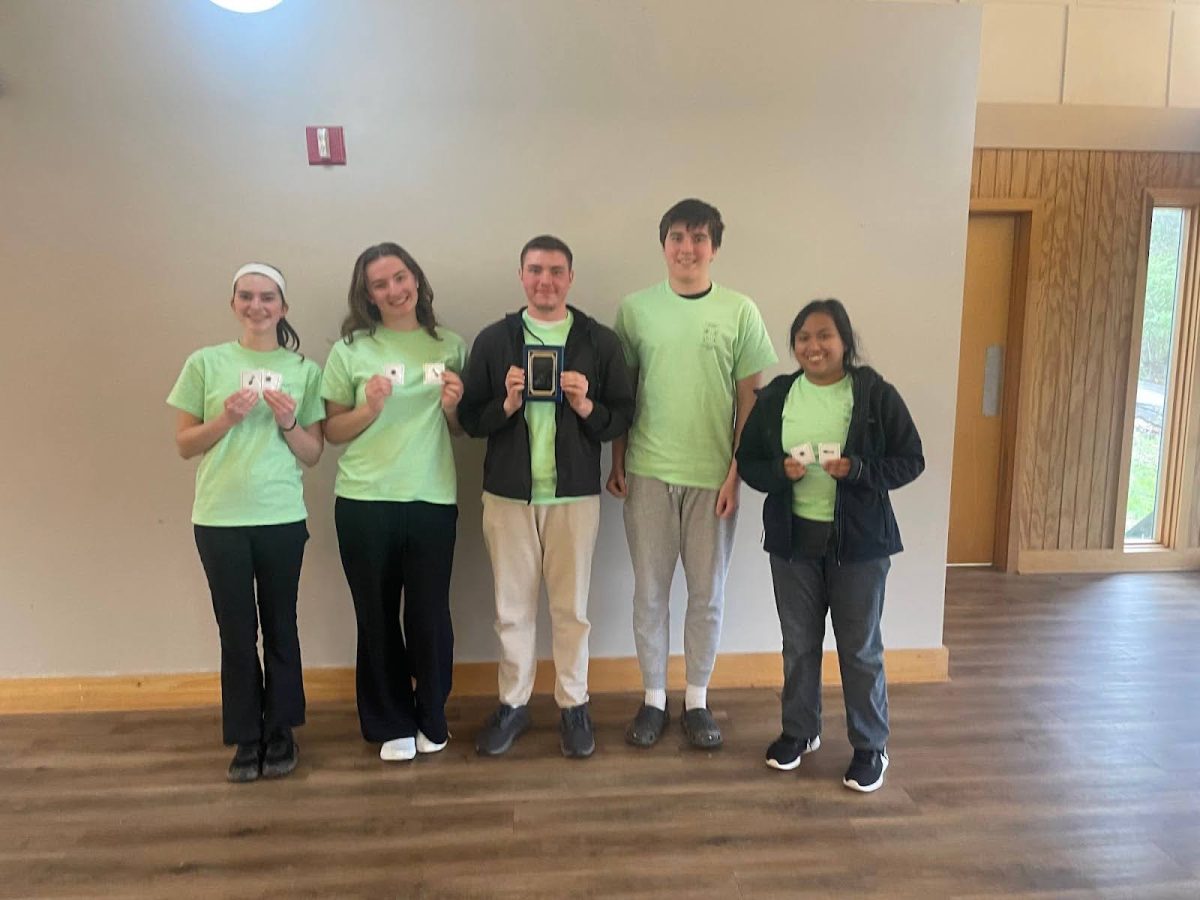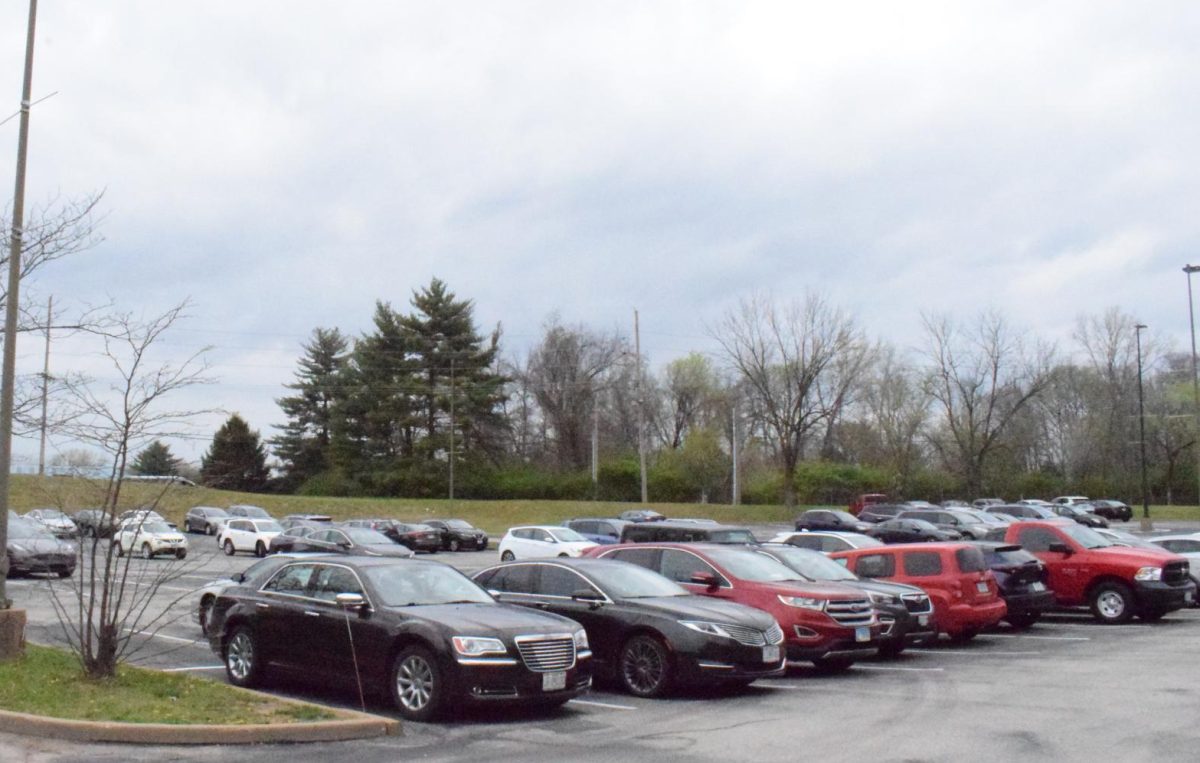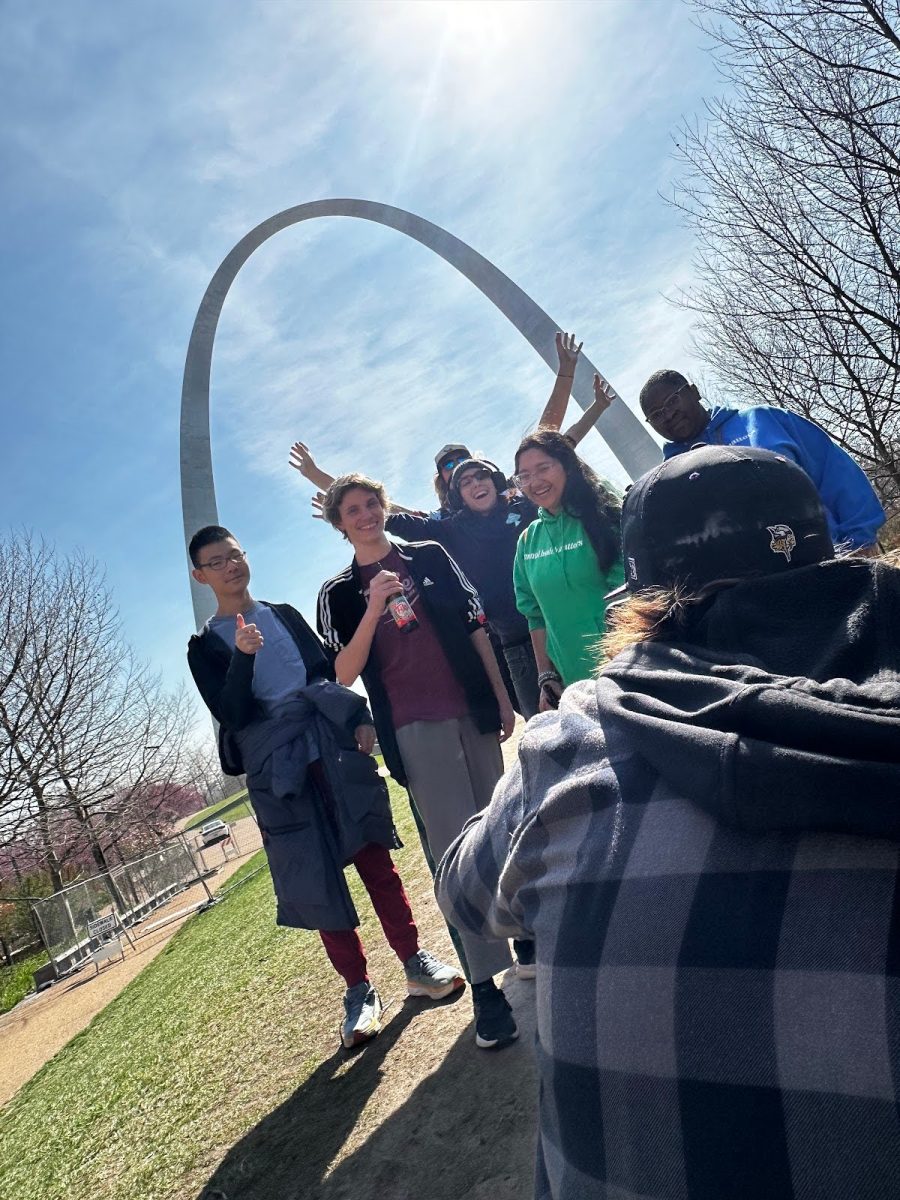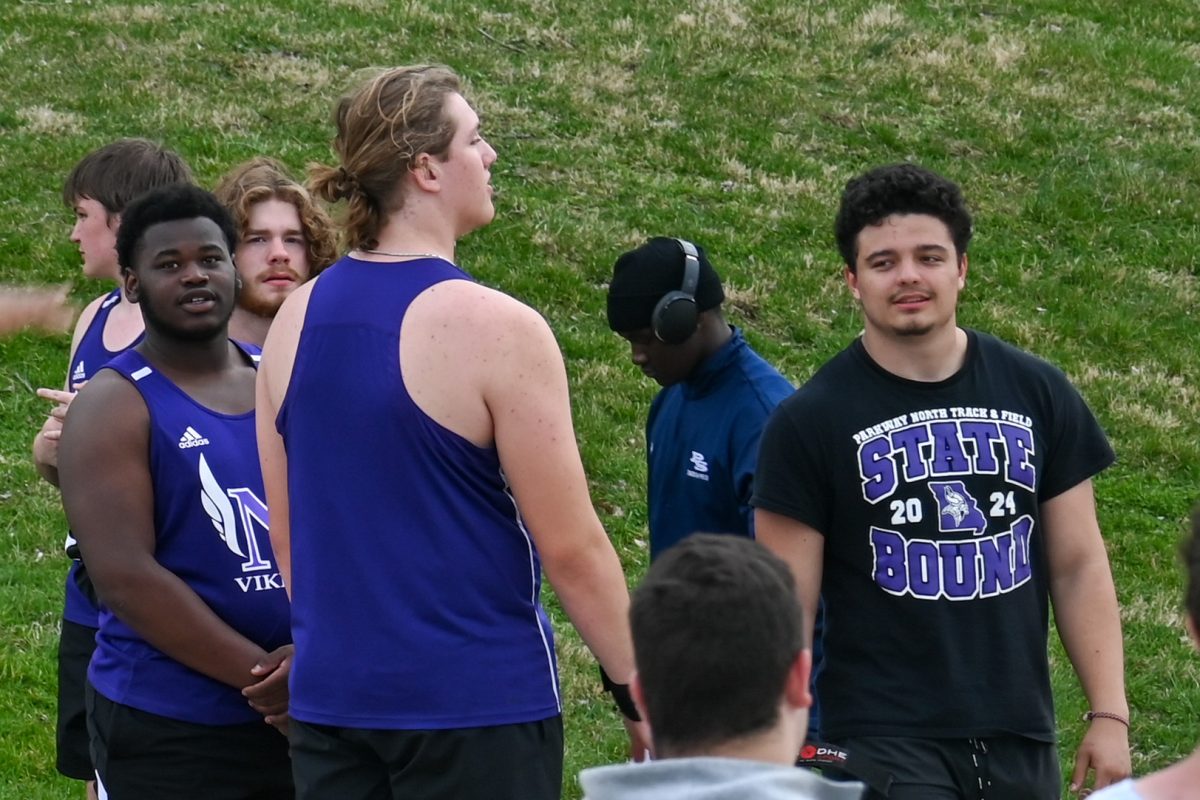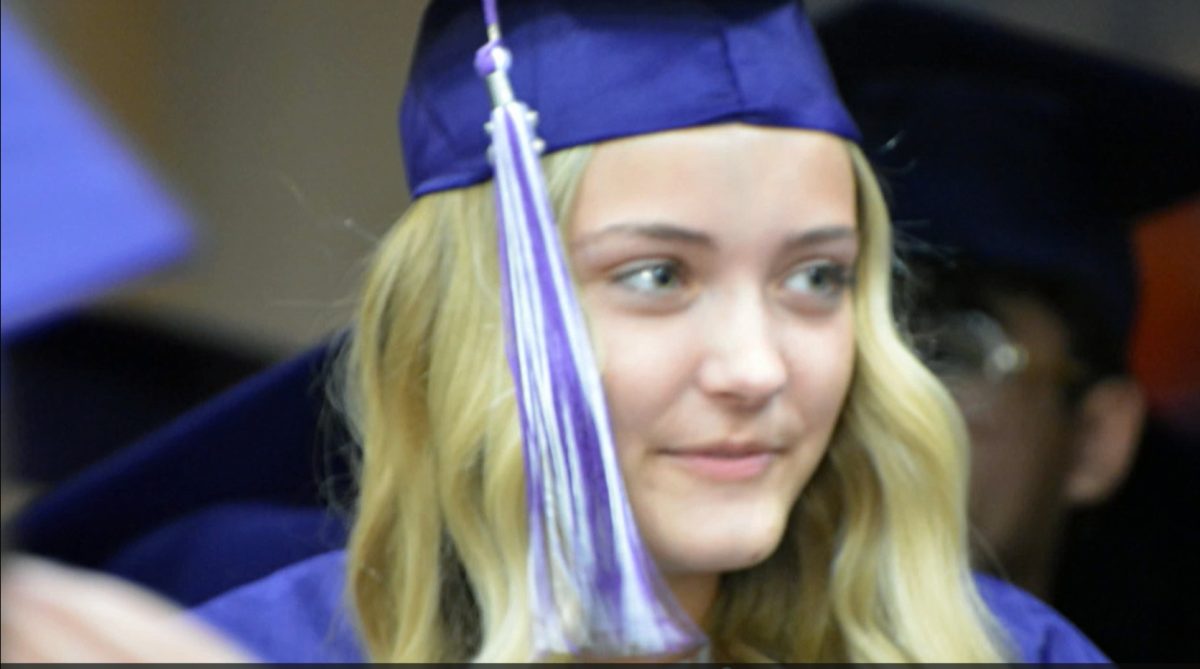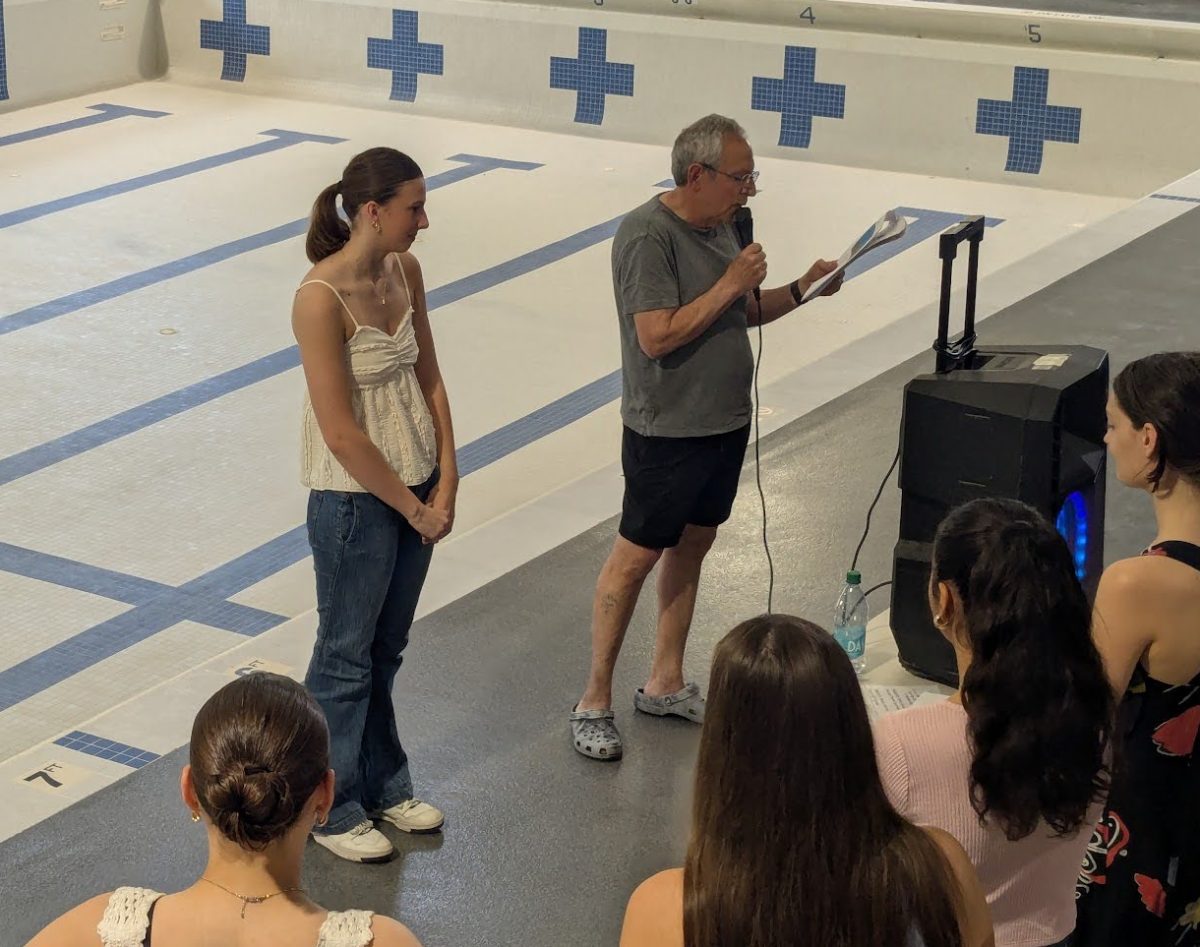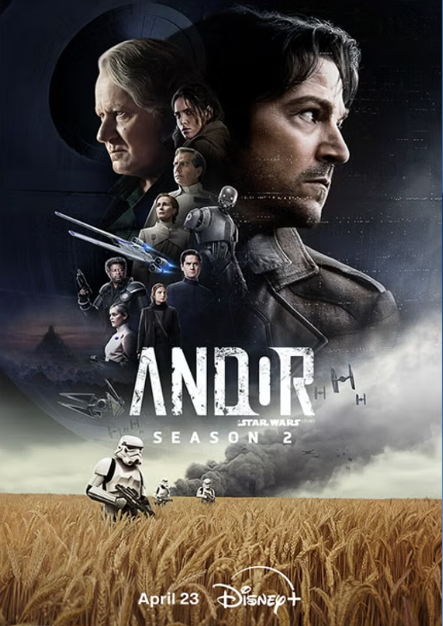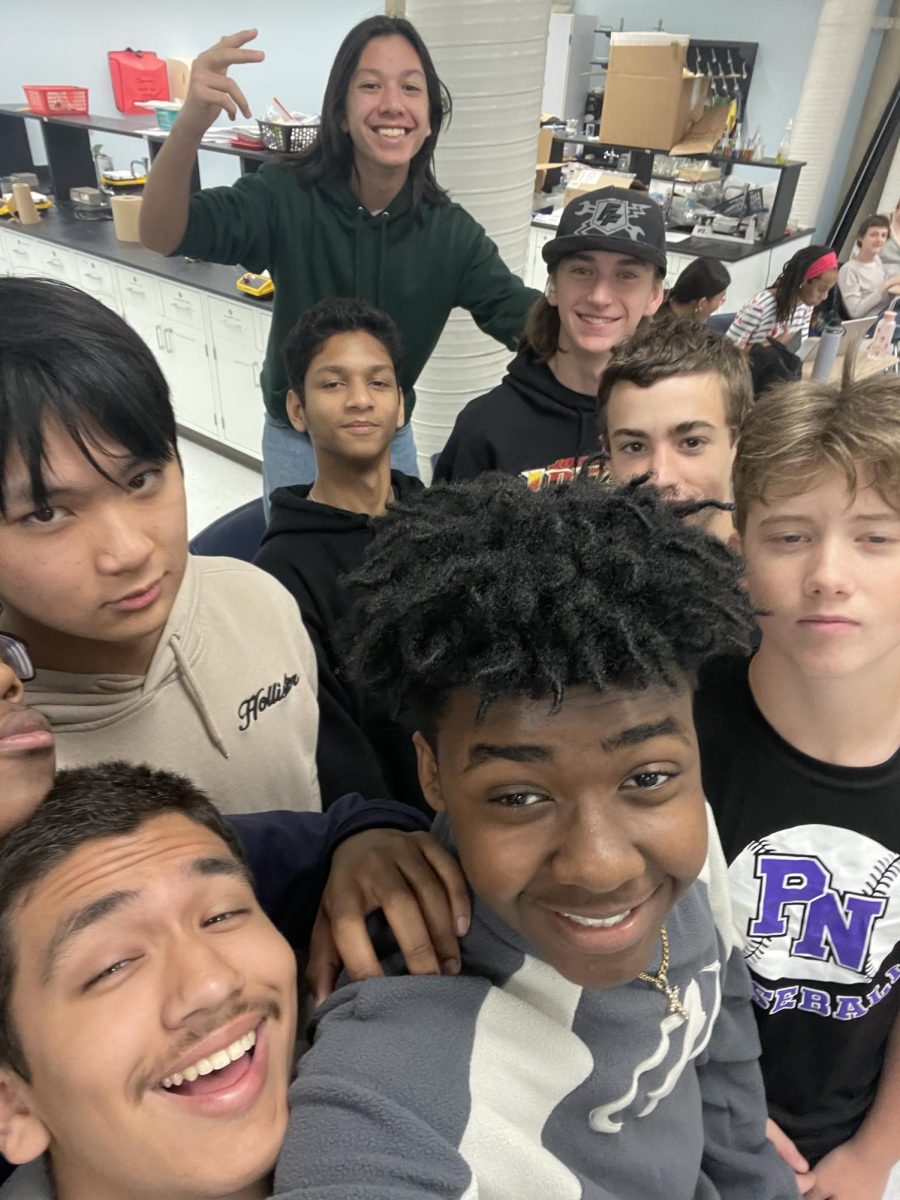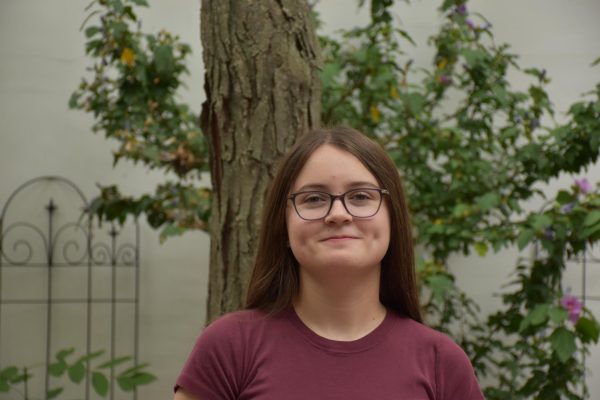This year, Parkway North debuted its innovative approach to education titled Viking Academy.
“Viking Academy is an interdisciplinary personalized learning academy,” said Jeff Kinney, who teaches Human Geography within the academy. “It basically means that we’ve got the four core content areas right now working together to create an educational experience… that gives [students] the opportunity to kind of work together and break down the walls between normal classrooms.”
This school year, it is available to freshmen and sophomores, but next year it will expand to include juniors and eventually seniors.
In the academy, the four core subjects, English, Math, Science, and Social Studies, blend together to create an innovative learning experience that contextualizes many areas of study.
“We’re doing ‘Chinese Cinderella’ to go over storytelling for English and Asia, where we’re looking at in World History,” said sophomore Sam Brengard. This is one example of a combination of subjects.
Viking Academy is not set up with a normal school schedule. For the most part, students can work on whichever subjects they want to at whichever time, called “flex time”. However, students can still take structured electives outside of the academy, as well as some advanced classes not taught by academy teachers.
Although a relatively unstructured schedule is new for many, it has real-world benefits. “That’s kind of how normal world works,” said Kinney. “We’re hoping to build some skills that are going to be more translatable outside of the school walls.”
This flexible scheduling also allows for students to dictate how they want to approach their work, and forces them to manage their time accordingly.
“I think that it is really nice that you’re able to work at your own pace and slow down and speed up when needed… you can also work ahead,” said sophomore Miles Hines. “If you’re someone who finishes things fast, you’re able to keep going.”
For some, however, this newfound flexibility is not ideal for all. “I need more structure than what it’s giving me. It gives too much free time,” said Brengard. “I was expecting a little bit more guided lessons, but it doesn’t give as much teaching as I would have expected.”
Some types of students are more likely to benefit from the academy than others. “Some of these kids [are just like] ‘man, I don’t like school. I don’t like being told what to do all day.’ This is giving them the chance to make those choices themselves… I have some kids that did struggle as freshmen, and they’re doing really well in the academy because they like that they don’t feel like they’re just doing tasks, and they have to prove what they know,” said Kinney. “Other kids that are kind of advanced and want to keep moving appreciate this because they can move on. Like, ‘I can do this, I can check it off, I can show my mastery of this and keep moving.’”
Some things are still being worked out, owing to the fact that the program is new and very complex.
“It’s a logistical labyrinth,” said Kinney.
Despite the initial challenges, Viking Academy serves as an alternative approach to the way students learn. “We’re trying to just kind of change the way education has worked,“ said Kinney.


